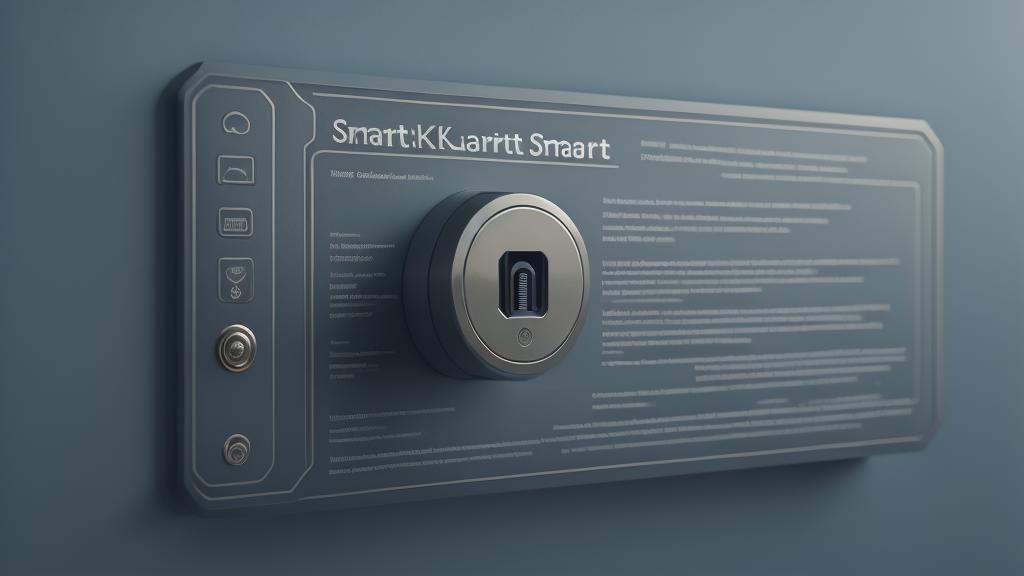The world of home security has evolved dramatically over the last decade. One of the most notable advancements is the emergence of smart locks. These innovative devices promise convenience, enhanced security, and integration with your other smart home devices. But are they truly worth the investment? This article delves into the pros and cons of smart locks, helping you decide if they're the right choice for your home.
## The rise of smart locks
Imagine never having to fumble for your keys again. With smart locks, you can lock and unlock your doors using your smartphone, a key fob, or even a unique code. This technology has found favor in countless homes, especially among tech enthusiasts and those looking to beef up their security measures.
Early adopters have heralded smart locks as a game-changer. Companies like August, Yale, and Schlage have poured innovation into creating locks that not only secure your home but are also aesthetically pleasing. These aren't your ordinary deadbolts. They're sleek, electronic, and full of features.
## Key features
### Convenience
One of the primary selling points of smart locks is convenience. If you're the type who's always misplacing keys, or if you often have guests, delivery personnel, or service providers needing access, smart locks can be a lifesaver. Some models even offer remote access, meaning you can unlock your door for someone even if you're halfway around the world.
### Enhanced security
At first glance, the idea of locking and unlocking your door via the internet might seem risky. However, many smart locks boast robust security features, including encryption and two-factor authentication. Some models also offer tamper alerts, so if someone tries to meddle with your lock, you'll know about it immediately.
### Integration with other smart devices
Smart locks aren't just standalone devices. They often integrate seamlessly with other smart home gadgets like security cameras, alarm systems, and voice assistants (think Alexa, Siri, or Google Assistant). This connectivity can amplify your home security strategy, turning your house into a well-secured fortress.
## Potential drawbacks
### Cost
High-tech security comes with a price. Smart locks can be significantly more expensive than traditional locks. The upfront costs might be a hurdle for some homeowners, especially when factoring in optional subscription fees for additional services like cloud storage or advanced features.
### Reliability
While many smart locks are built to last and perform consistently, they are electronic devices and can be susceptible to glitches. Power outages, battery failures, or even software bugs could leave you locked out of your own home. It's crucial to have backup plans, such as mechanical keys or alternative entry points.
### Privacy concerns
Any device connected to the internet can be a potential target for cyberattacks. Although manufacturers put considerable effort into securing these devices, it’s never a bad idea to be wary. Regular software updates and strong, unique passwords can help mitigate these risks.
## Is it worth it?
Whether a smart lock is worth the investment ultimately depends on your needs and preferences. If you value convenience, integration with smart home ecosystems, and are willing to invest in the latest tech, then a smart lock could be a fantastic addition to your home. However, if budget constraints and potential technical issues outweigh the benefits, you might be better off sticking with a high-quality traditional lock.
## Conclusion
Smart locks offer a glimpse into the future of home security. They blend technology with practicality, ensuring that your home remains secure while giving you the flexibility and convenience modern life demands. As with any investment, it's essential to weigh the pros and cons carefully. Consider your specific circumstances, and determine whether the peace of mind and added features of a smart lock are worth the cost. Whatever you decide, it's clear that smart locks are more than just a passing trend—they're the next step in home security evolution.
Understanding smart locks: Are they worth the investment?

